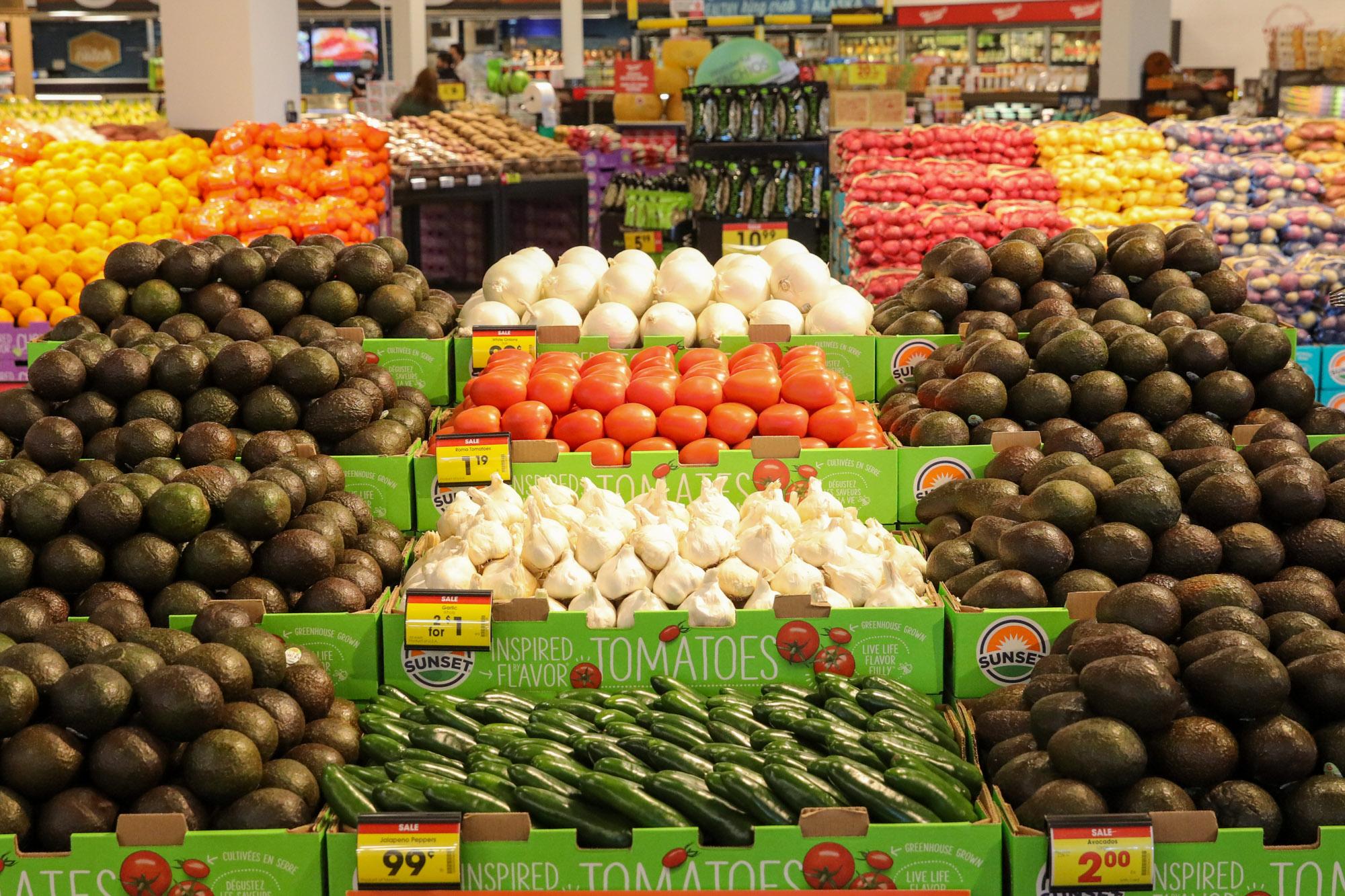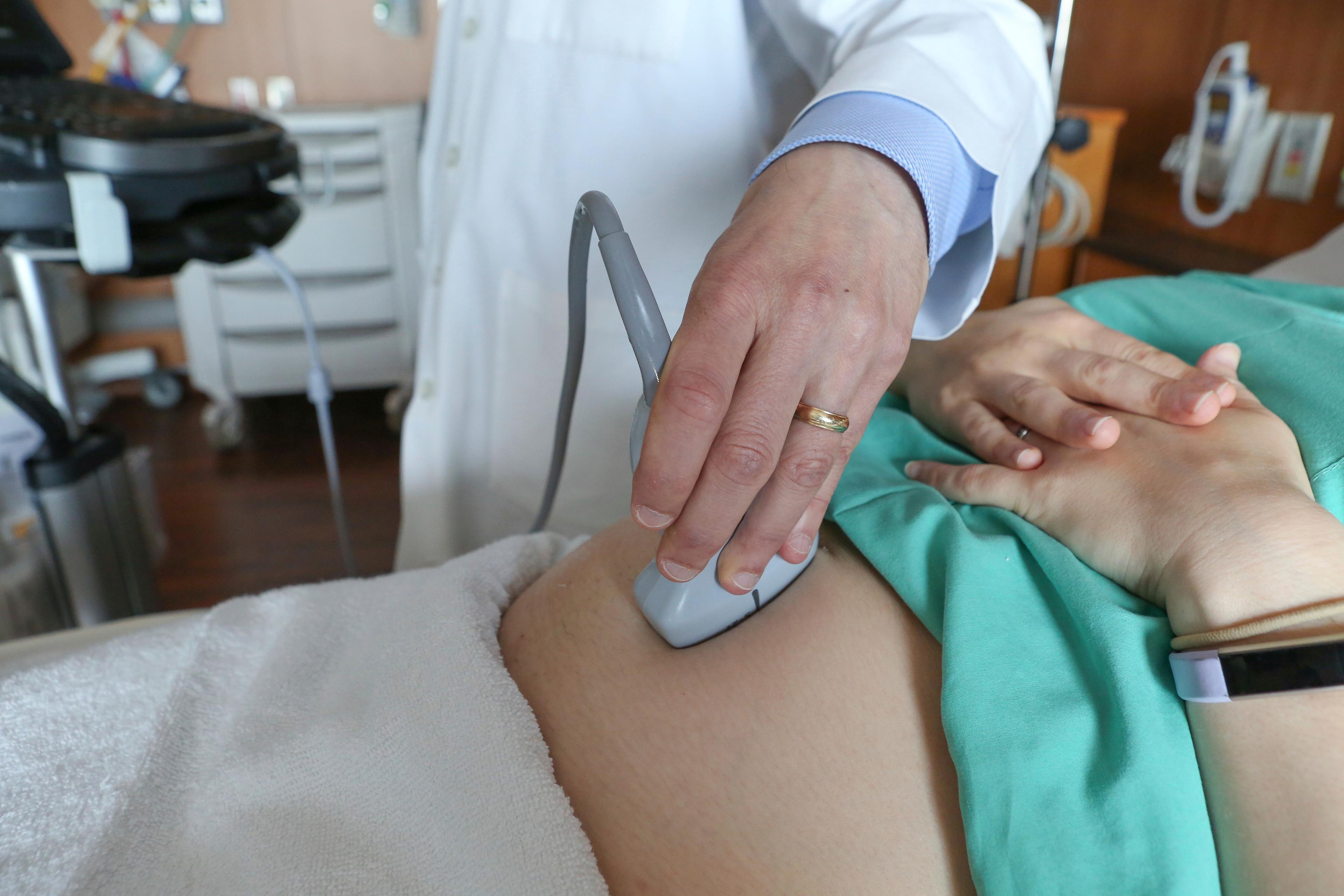
Hilltop Family Resource Center in Grand Junction helps people apply for federal food benefits known as SNAP, as well as other public assistance. Recently, Christie Higgins at Hilltop says about half the calls they get are from people who have applied for SNAP, wondering why they haven’t gotten the help they need.
“We do get a lot of phone calls from people wanting to check in on their application status and I think it has created some anxiety not knowing when it will be processed,” Higgins said.
Her colleague, Karen Clymer, added, “Waiting on those benefits — it can be pretty stressful on the whole family unit.”
Their clients have noticed something that also caught the ear of a CPR News reader named Judy in Grand Junction, who wrote to us through Colorado Wonders to ask if SNAP benefits are delayed in her area.
“Unfortunately, yes, it’s true. We are a few months behind,” confirmed Susan Skyberg, a director of economic assistance in Mesa County.
Skyberg calls it a perfect storm. Statewide, including in Mesa County, more people are applying for food benefits. At the same time, offices like Skyberg’s that process those applications on the county level face staffing shortages. The tight labor market has affected these county offices similarly to how it affects other businesses that are struggling to recruit and hire.
Skyberg said her current staff is working overtime, but it can take six months to fully train someone to handle a caseload of applications.
“We know these benefits are extremely important to individuals and families, and we're onboarding staff and training them as quickly as we can,” she added.
Mesa County may get help from staff in another Colorado county to bring down the backlog of applications, but Skyberg said most counties are in similar situations, dealing with a heavy caseload of new applicants. So Mesa County is working with local food banks to try to help applicants get the food they need while their applications are being processed, and Skyberg said the county will make payments retroactive to when applications were submitted.
Hilltop Family Resource Center also has a brochure of food services for Mesa County.
Statewide, 24 percent more people are applying for and getting SNAP benefits, compared to before the pandemic.
There are several reasons for the increased demand, according to people who work with SNAP beneficiaries. In an economy where everything costs more, it’s unsurprising that more Coloradans would look for extra money to put food on the table. But that’s only part of the story, said Clymer at Hilltop Family Resource Center.
She believes people who previously qualified for benefits, but didn’t seek them out, have gotten more comfortable with the idea of asking for help.
“During the pandemic, a lot of family's lives changed and people wanted to be helpful within the community. And so that help-seeking behavior started to increase. And it became less stigmatized,” Clymer said.
It has also gotten more attractive to apply for benefits. During the pandemic, the federal government increased the amount of money people can get from SNAP each month. Jesi Antonucci helps oversee the program in Weld County, and said this could contribute to an increased number of applications.
“We do have a lot of households that would normally only qualify for the minimum, which historically has been somewhere around the $20 a month range, that are able to get a little over $200 a month in SNAP benefits because we're in this public health emergency,” Antonucci said.
The exact size of the payment for each applicant depends on a number of factors, and the increased benefits will end when the federal government decides the pandemic health emergency is over. That could happen as soon as January, or at any three-month interval after that when the federal government reevaluates the situation, Antonucci said.
Weld County has seen the largest increase in applications, according to the state — a nearly 48 percent increase in cases compared with 2019. Antonucci said the number has gone up sharply in the past six months, as inflation has gotten out of control nationwide.
SNAP is just one way the increased demand for food assistance shows up in Colorado — and it matters for the whole community.
When the Colorado-based grocery chain Natural Grocers opens new stores, they do promotions where they give away gift cards to the first 150 people in line. Recently, at a store opening in Brighton, north of Denver, the line wrapped around the building, said Katie Macarelli, Natural Grocers’ public relations manager. She believes that’s a sign of the times.
“People were there for the gift cards, people were there for the discounts. And that's new for us,” she said.
When people can get help to pay for their groceries, it can benefit the community broadly, said Andie Garnand with Weld County Human Services. She said SNAP and other benefits they dispense are a source of economic stimulus.
“The amount of money that we issue to eligible households that's in turn spent in the local economies, we make a huge impact,” Garnand said.
At the Natural Grocers in Grand Junction, assistant store manager Deb Watters said she isn’t sure if more people are paying with SNAP benefits, because the process to check out at the register is discrete.
“I feel anybody’s pain, trying to get help and there’s been a delay for whatever reason,” Watters said. “But once they get it, and once they’re here, shopping should not be any different than shopping with any other kind of payment.”
Are you curious about something in the Centennial State? Ask us a question via Colorado Wonders and we’ll try to find the answer.









